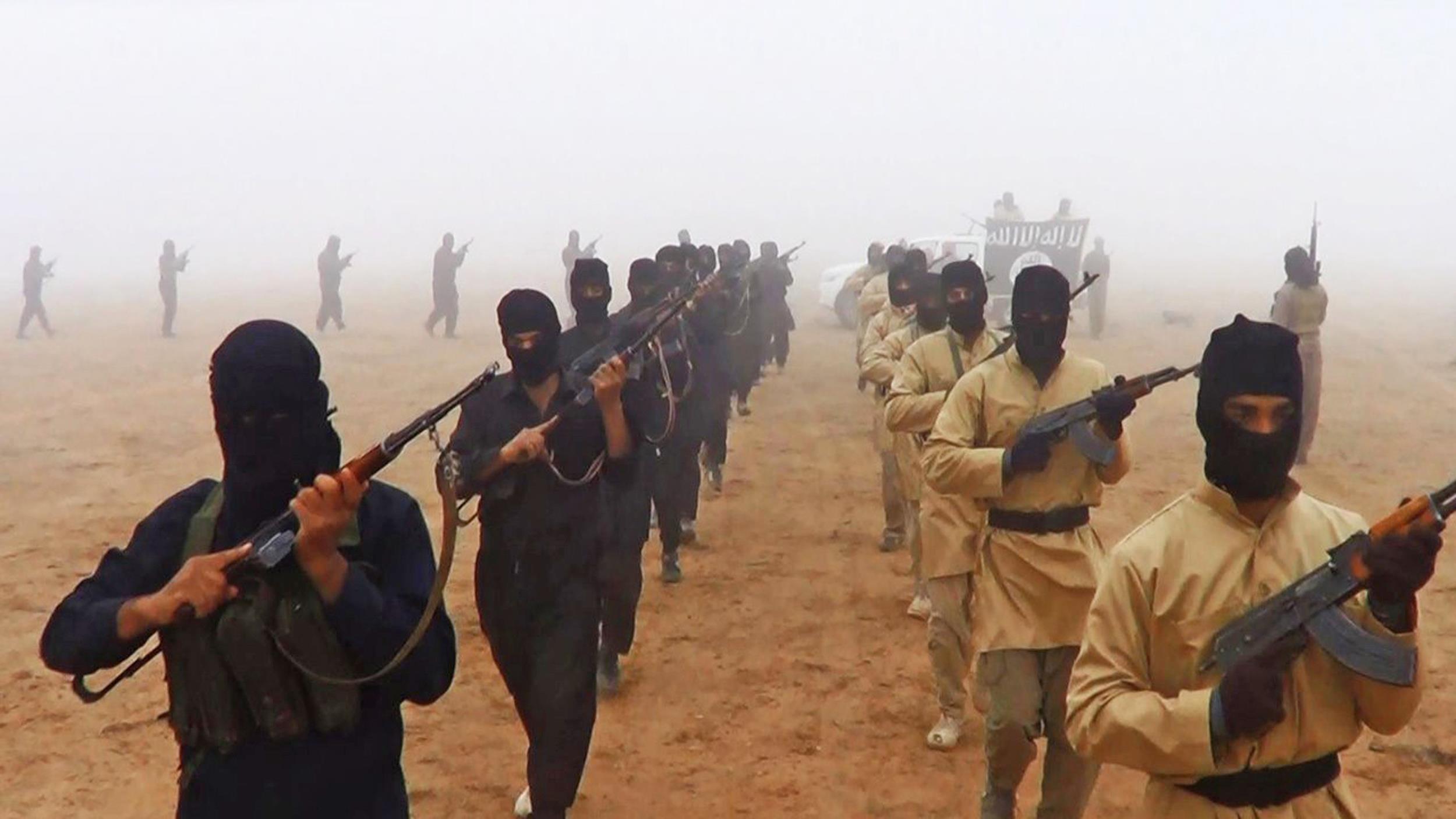The Leaked Islamic State Files: Authentic Or Not?

NEW DELHI: A disillusioned former member of the Islamic State (also known as Daesh), has passed a stolen memory stick of documents identifying 22,000 supporters in over 50 countries.
The documents, handed over to a British journalist, provide useful information to authorities of countries that are engaged in a pitched battle against the militant group in Syria and Iraq. Most obviously, the document contain the names of several fighters, along with key details such as relatives, telephone numbers, areas of expertise, and who recommended them. For countries trying to fight the spread of the group’s ideology, the information may go a long way in identifying recruiters and suspects, as well as those at risk of indoctrination -- thereby providing an insight into the global network of the group, as well as its structure.
One of the files, marked "Martyrs", detailed a group of IS members who were willing and trained to carry out suicide attacks, Britain’s Sky News -- who got hold of the files -- said.
Richard Barrett, a former head of global counter-terrorism at Britain's MI6 Secret Intelligence Service, told Sky that the cache was "a fantastic coup" in the fight against Islamic State. "It will be an absolute goldmine of information of enormous significance and interest to very many people, particularly the security and intelligence services.”
Since the leak, however, certain analysts and outlets have released doubts regarding the authenticity of the documents. Syrian opposition news website Zaman al-Wasl said there were thousands of repetitions in the leaked documents and the names of only 1,700 people could be identified in the 22,000 documents.
The Global Post ran a story noting that experts had warned of several inconsistencies in the language of the forms that raised concerns. The Arabic name for "The Islamic State in Iraq and Syria," IS' previous nomenclature, is written in two different ways, including one that is not consistent with past practice.
Further, files documenting the deaths of Islamic State militants use the words "date of killing" instead of the typical jihadist term "martyrdom."
Romain Caillet, an independent jihadism expert, also noted that some documents feature a second, circular logo not previously used on IS files (as stated by the Global Post).
“There would be big alarm bells for me, because when I've seen inconsistencies like that in the past they've been on really shoddily made forgeries," Charlie Winter, a researcher at Georgia State University, told AFP. The biggest concerns, according to Winter, were the different names, logo, and grammatical mistakes that he described as "very much out of character" for IS documents.
The BBC, however, ran a story quoting Germany’s Interior Minister, Thomas de Maiziere, saying that the documents can be assumed to be genuine. "The German Federal Bureau of Investigation acts on the assumption that the documents are authentic," Mr de Maiziere said.
"We can also improve our understanding of the structures of this terror organisation," he added. "And possibly, it will discourage young, radicalised people, who believe they are doing something good if they become a member of a criminal organisation."
To add credence to the authenticity of the documents, some of the fighters named have already been identified. As noted by the BBC:
- Two of those listed, Kerim Marc B and Abdelkarim B, are currently on trial separately in Germany, while another two Germans on the list, Farid Saal Yassin Oussaiffi, have appeared in IS videos
- Dutch media identified Abu Jihad al-Hollandi as Amsterdam teenager Achraf Bouamran, killed in a US air strike on the Syrian IS stronghold of Raqqa in January 2015. His file reads: "Born 1997. Moroccan origin. Wants to be a fighter"
- Sixteen Britons including two killed in air strikes in Syria, Junaid Hussain and Reyaad Khan, also reportedly feature in the files
The documents, according to Sky News, came from a man identified as Abu Hamed, an IS fighter who said he had become disillusioned with the group's leadership and stolen a memory stick from the head of the IS internal security force before handing it over in Turkey.
The files can be accessed here: http://leaks.zamanalwsl.net/isis-1.php



